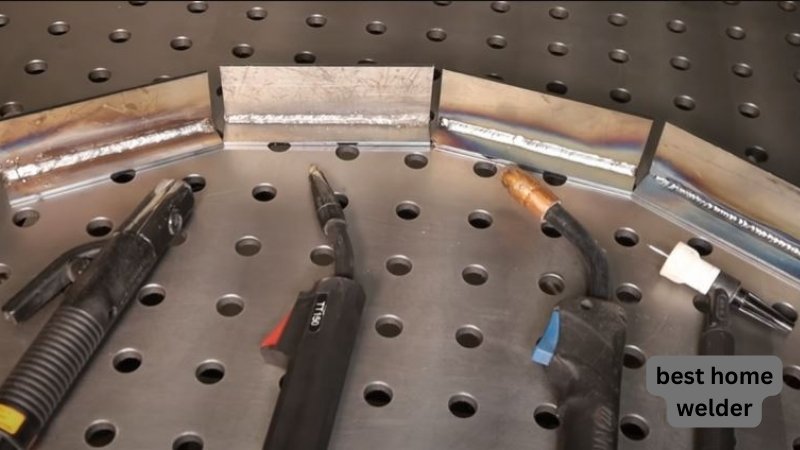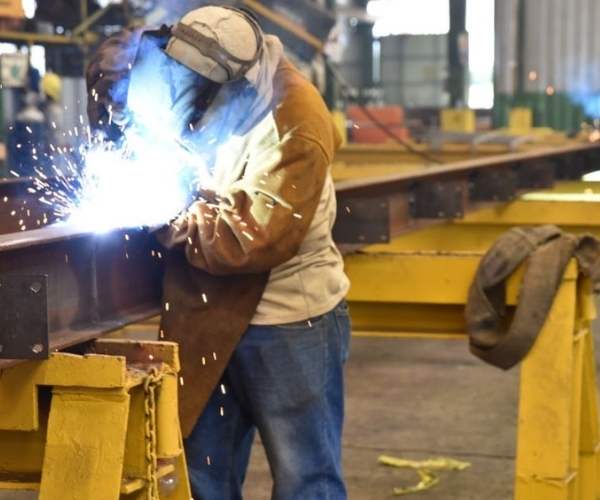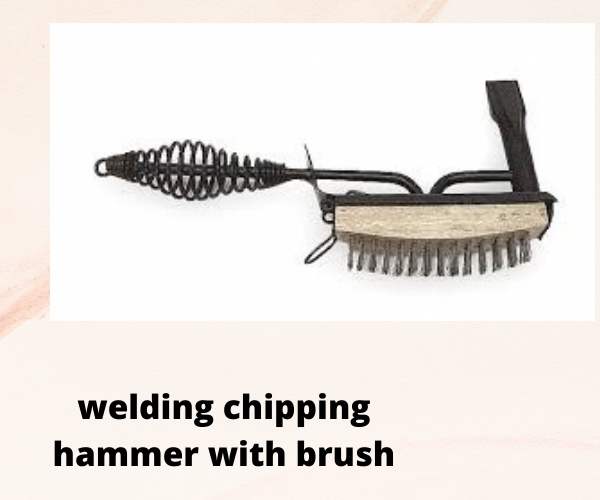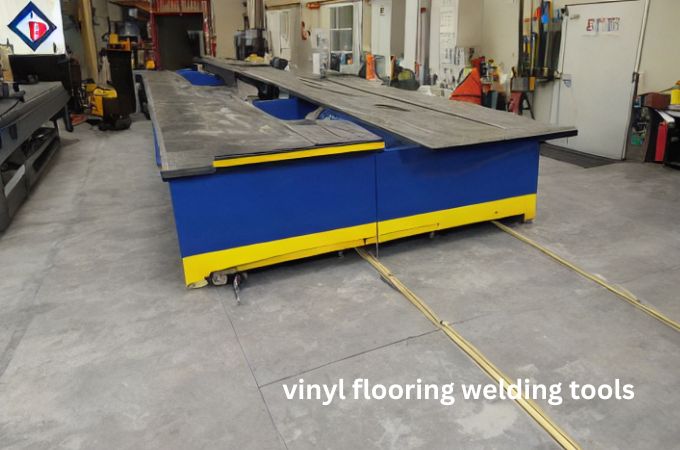best home welder
Welcome to our in-depth guide on finding the best home welder for your DIY projects or professional needs. Welding is a versatile skill that allows you to join and repair metal pieces, providing a solid foundation for various projects.
Whether you’re a beginner or an experienced welder, having the right equipment is crucial. In this article, we’ll explore the key factors to consider when choosing a home welder and provide you with the top recommendations in the market. Let’s dive in!
best home welder
Understanding the Basics of Welding
Before we discuss the best home welders, it’s essential to familiarize ourselves with the basics of welding. Welding involves melting two or more pieces of metal together to create a strong and durable joint. The process requires a heat source, known as the welder, and a filler material that binds the metal pieces.
Factors to Consider When Choosing a Home Welder
Welding Process
There are several welding processes available, including MIG (Metal Inert Gas), TIG (Tungsten Inert Gas), Stick, and Flux-Cored welding. Each process has its advantages and limitations, making it important to choose the one that aligns with your needs. For home welding projects, MIG and TIG welders are the most popular choices due to their versatility and ease of use.
Power Requirements
Consider the power requirements of the welder and ensure it matches the electrical capacity of your home. Most home welders operate on standard household power (110V or 220V), but some high-powered models may require a dedicated circuit.
Duty Cycle
The duty cycle refers to the amount of time a welder can operate within a 10-minute period. It’s crucial to select a welder with a suitable duty cycle for your intended use. A higher duty cycle indicates that the welder can work continuously for longer periods without overheating.
Portability
If you anticipate needing to move your welder frequently or work on projects outside your home, portability becomes a significant factor. Look for compact and lightweight models with handles or wheels for easy transportation.
Safety Features
Safety should always be a priority when working with welding equipment. Look for welders with built-in safety features such as thermal overload protection, voltage control, and shielding gas flow regulators.
Top Home Welders on the Market
Miller Electric 211 MIG Welder
- Features:
- Dual voltage input (120V and 240V)
- Auto-Set Elite feature for simplified setup
- Multi-process capabilities (MIG, Flux-Cored, and DC Stick)
- Pros:
- Versatile and easy to use
- Excellent build quality and durability
- Suitable for both beginners and experienced welders
Lincoln Electric Square Wave TIG 200 Welder
- Features:
- AC/DC TIG and Stick welding capabilities
- High-frequency start for precision welding
- Adjustable pulse control for better heat input management
- Pros:
- Exceptional TIG welding performance
- Easy-to-use interface with intuitive controls
- Portable and lightweight design
Hobart Handler 140 MIG Welder
- Features:
- Operates on standard household power (115V)
- Welds a wide range of materials (mild steel, stainless steel, and aluminum)
- Built-in wire feed speed control
- Pros:
- Ideal for beginners and DIY enthusiasts
- Quick and easy setup
- Affordable price point without compromising quality
Everlast PowerARC 140ST Stick Welder
- Features:
- Inverter technology for increased efficiency
- Dual voltage capability (120V and 240V)
- Excellent arc stability and control
- Pros:
- Compact and lightweight for easy portability
- Suitable for both home and professional use
- Reliable performance with minimal spatter
Forney Easy Weld 261 MIG Welder
- Features:
- Operates on standard household power (120V)
- Infinite voltage and wire feed speed control
- Gasless flux-cored welding capability
- Pros:
- Beginner-friendly with a straightforward setup
- Affordable and value for money
- Lightweight and portable design
FAQs (Frequently Asked Questions)
It’s crucial to wear protective gear, including a welding helmet, safety glasses, welding gloves, long-sleeved clothing, and closed-toe shoes.
Yes, but make sure the MIG welder is specifically designed for aluminum welding and has the necessary capabilities, such as a spool gun.
AC (Alternating Current) TIG welding is used for aluminum and magnesium, while DC (Direct Current) TIG welding is suitable for stainless steel, steel, and other metals.
Home welders are generally designed for light to medium-duty applications. For heavy industrial use, it’s recommended to invest in more powerful and specialized equipment.
While prior welding experience is helpful, many home welders are designed with beginners in mind and come with user-friendly features and clear instructions.
final words
Finding the best home welder requires careful consideration of your welding needs, available power supply, portability requirements, and safety features. The Miller Electric 211 MIG Welder, Lincoln Electric Square Wave TIG 200 Welder, Hobart Handler 140 MIG Welder, Everlast PowerARC 140ST Stick Welder, and Forney Easy Weld 261 MIG Welder are all excellent options with distinct features suited for different applications.
Remember to prioritize safety by wearing appropriate protective gear and following proper welding techniques. With the right home welder and adequate practice, you’ll be ready to tackle your welding projects with confidence and precision. Happy welding!



